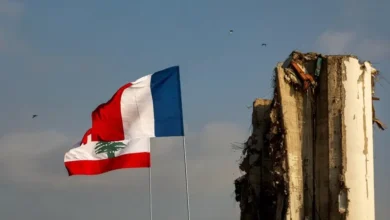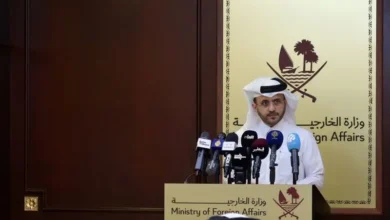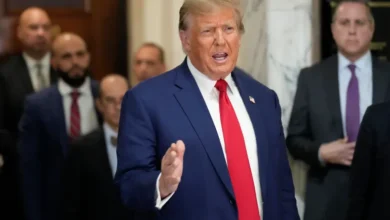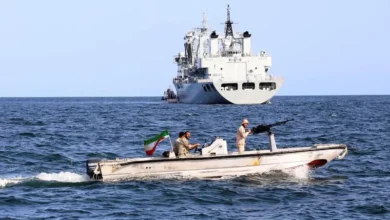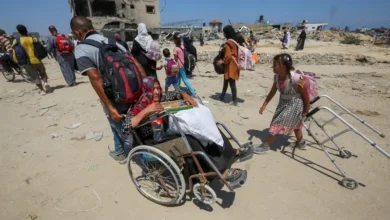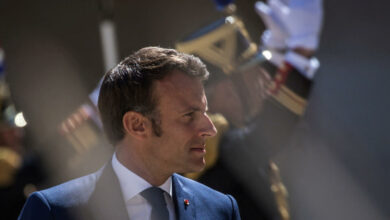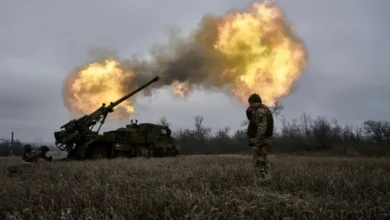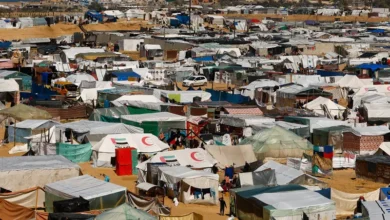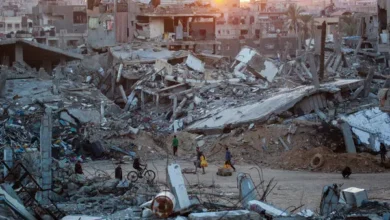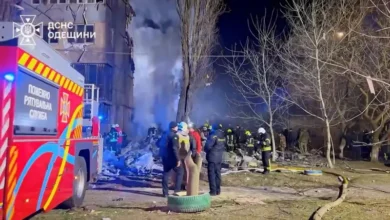EU condemns crackdown on protests against controversial bill in Georgia
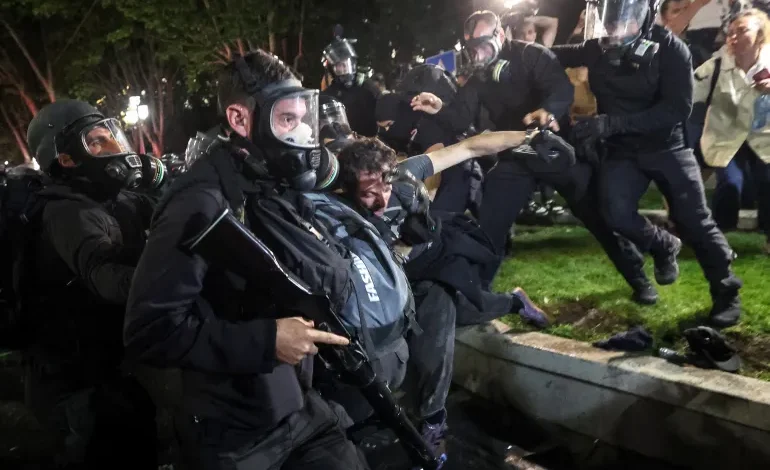
The European Union has condemned a violent police crackdown on large protests in Georgia opposing government efforts to push through a “foreign influence bill”.
EU foreign policy chief Josep Borrell led the condemnation on Wednesday after reports that police arrested dozens of people and injured many overnight. Huge demonstrations have been held in recent days calling for the bill, which it is feared would stifle dissent and derail the country’s bid to join the EU, to be ditched.
Security forces used water cannon, tear gas and stun grenades as thousands rallied against the bill outside parliament in Tblisi on Tuesday night. Overall, 63 protesters were arrested.
Six police officers were injured, Deputy Interior Minister Aleksandre Darakhvelidze said, while reports suggested many demonstrators were injured.
“Georgia is an EU candidate country, I call on its authorities to ensure the right to peaceful assembly. Use of force to suppress it is unacceptable,” Borrell said in a post on X.
Georgia’s Ministry of Internal Affairs said police used “legitimate force” only after the protest had “turned violent and demonstrators entered in a verbal and physical confrontation with law enforcement”.
The EU approved Georgia’s candidate status in December but has suggested the bill could derail Tbilisi’s hopes of European integration if passed.
The bill would require media and non-commercial organisations getting more than 20 percent of their funding from abroad to register as “pursuing the interests of a foreign power”.
Tussles
Lawmakers had abandoned the second reading of the bill on Tuesday. As the debate resumed on Wednesday, MPs tussled physically once more.
Punches were thrown last month in the hallways of parliament during discussions about the bill.
One pro-government deputy was seen on Georgian television on Wednesday throwing a book at opposition legislators, some of whom showed signs of having been injured the previous evening.
Levan Khabeishvili, leader of the United National Movement party, Georgia’s largest opposition bloc, turned up in parliament with a swollen face, missing teeth and a bandage across his nose.
